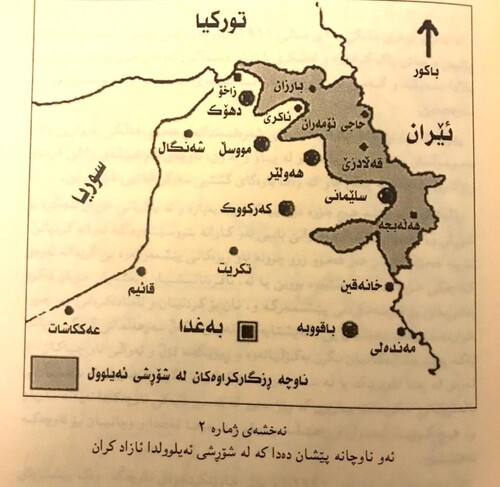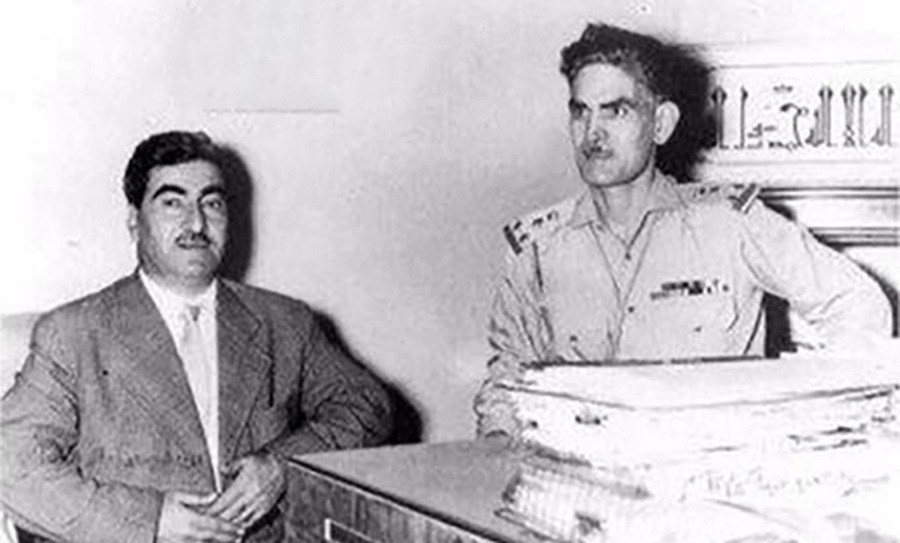Read the first part of this article here
For all the reasons mentioned, and because Abdul Karim Qasim unjustly decided to undermine the only opportunity for democratizing Iraq destroying his political agreement with Barzani and the Kurdish leadership and as Masoud Barzani has mentioned in his book, he sent someone like the governor of Suleimani Province to negotiate with the clans' chefs refusing to meet them himself or even listen to Ali Askari who was going to inform him of the political demands of PDK. That is, Qasim's government ignored the Kurdish revolution and leadership deliberately based on a plan they had and he showed the collapse of the agreement they had with Kurds practically. Thus, he began to bombard all the Barzan regions where the Peshmerga forces and all of the revolutionary Kurds were residing. This is how the Kurds' resistance and self-defense began a new phase in history.
Abdul Karim Qasim's misunderstanding made him think that the Iraqi army's equipment with all their jets, explosives, and weapons could help him end the Kurdish revolution within a short time. This fact can be seen in his letters to Mullah Mustafa Barzani in which he had asked Barzani to give up and talked to him like a convicted person. These letters prove that Abdul Karim Qasim as the leader of Iraq was confused about the facts of the Kurdish revolution and their movement.
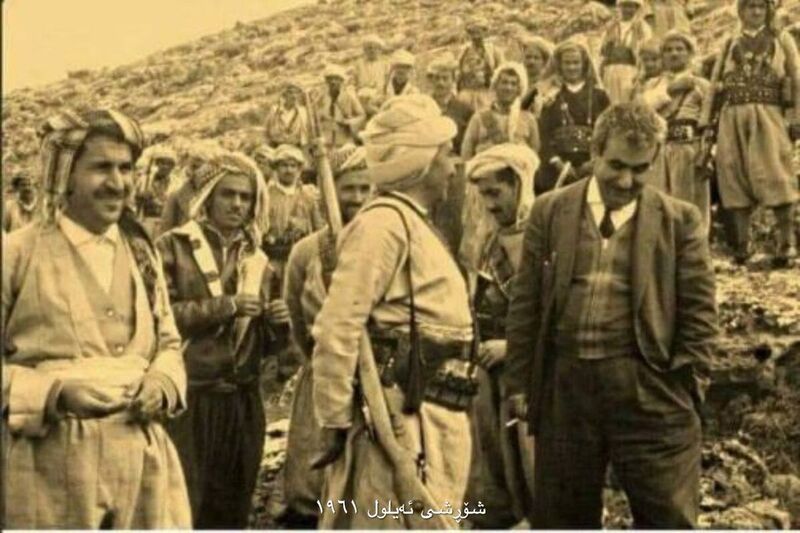
After the wrong decision of Abdul Karim Qasim, we can see the Kurdish political leaders' patience. These leaders' correct decisions show the fact that even during the hard times, these leaders would have made the right choices. Neither Mullah Mustafa Barzani nor Sheikh Ahmad Barzani nor any other political figures who were connected to Mullah Mustafa Barzani such as Jalal Talabani and Ali Askari, began the war to avoid any kind of complex situation. Both the Barzani men and those who were from the PDK who were contacting Barzani regularly agreed not to make the situation in Kurdistan complicated or initiate the war in any way but rather resist and defend themselves only.
This defending policy is the most prominent feature of all the Kurdish revolutions, especially the ones that happened during the 1960s to more contemporary times in the South or the East parts of Kurdistan. This shows that Kurds do not have the weapons to attack any nation. Even when Abdul Karim Qasim decided to declare a Kurds and Arabs partnership and keep his promise after he ignored his decision and attacked Kurdistan, the Kurdish revolution leaders were patient enough to hope that perhaps they could negotiate with the central government of Iraq and avoid the fatal war but unfortunately at that time, neither the Iraqi government nor Abdul Karim Qasim himself did not keep this principle and began to bombard all the regions that were under Peshmerga control. Some threatening letters that were sent to the Kurdish revolution leaders such as Mullah Mustafa Barzani prove that the central government of Iraq does not want any kind of agreement and negotiation. Based on this fact, the September revolution in 1961 began led by Barzani and 600 men of the Barzani clan who were all members of the Peshmerga forces and 500 other Peshmerga forces from the other clans.
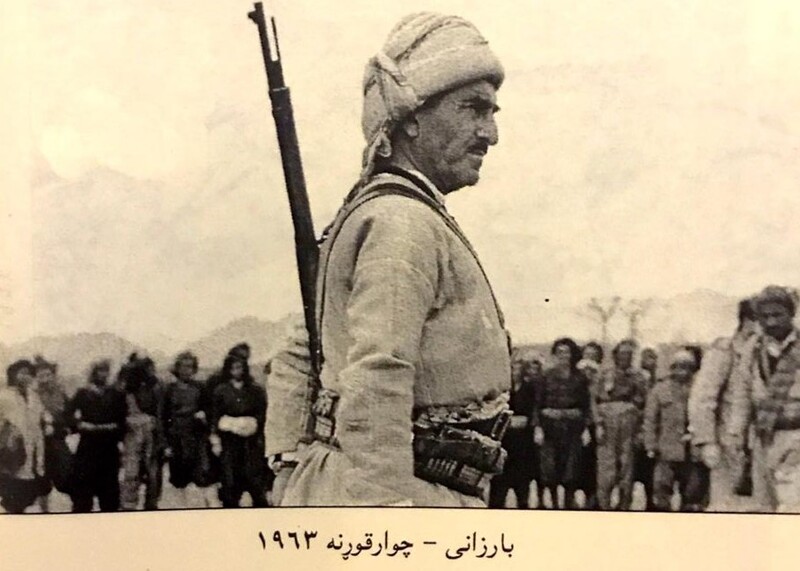
In a discussion Mullah Mustafa Barzani had with the Peshmerga forces both the Barzani men and the other 500 men from the other clans, he said: our revolution is based on the principle of the Kurdish people's legal rights. That is, if you, Peshmerga forces, who believe in this principle and ideology, defend your land's dignity and honor without expecting anything in return. You can keep on the revolution and stay with me or those who are seeking some benefits or cannot tolerate hardships can leave Peshmerga forces and return to their homes.
A part of Mullah Mustafa Barzani's speech as one of the leaders of that revolution that was presented to his forces in 1961 revealed some of the facts of the revolution of Kurds in the South and other parts of Kurdistan. His words are:
Brothers! I do not know what is expecting me in the future. I will resist till the last drop of my blood and I will not leave Kurdistan for as long as I can. If I could not keep on my attempts and I did not have any power anymore, I would move to Syria. You can see that I have chosen my death willingly. I hope those who have made the same decision stay with me. I will keep my path and I will step forward and I do not have anything other than bullets, rifles, and a little money in my pocket. This is all I have. Those who are not afraid of death, hunger, and cold can stay with me. Those who do not expect me to do anything for them can stay with me because I am like you. I do not have wealth or weapons. But those who are not strong enough to carry these hardships on their shoulders that I just have mentioned can leave me now. I wish God reward them because they have done a lot so far and have faced many hardships already. I would like to say this, despite what I have said, that we are a Kurdish Muslim nation who have been oppressed. We must insist on our legal rights and honor. It will be an honor for us to give up our lives for our nation's liberation."
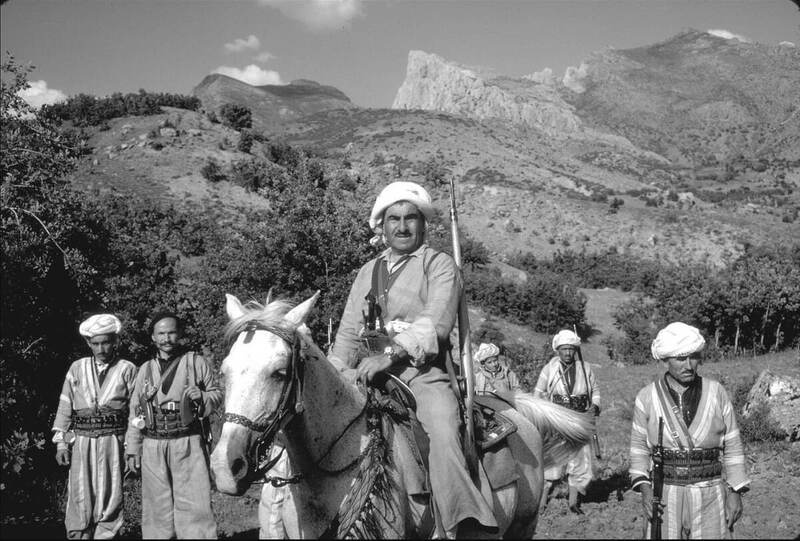
These words of a Kurdish leader in the hardest times of a historical revolution with no money, no weapons, and no equipment for resistance show that the Kurdish revolution was based on insisting on Kurdish human rights and dignity and it had begun to gain human, political and social rights of this nation. That is why even in this opportunity, old men such as "Hussein Jirjis" who was 70 years old told Barzani to give up and stop the revolution however, Hussein Jirjis and the other 1100 men who were in Barzani's forces kept on their revolution and they began another revolution to gain the human rights of the Kurdish nation on October 20, 1961. Gradually, the geography of that revolution which had begun from the Barzani regions expanded and reached all other parts of Kurdistan and in a short time, thousands of people joined the revolution and once again the 1100 Peshmerga forces became thousands of them in all parts of Kurdistan calling for their nation's legal rights.
